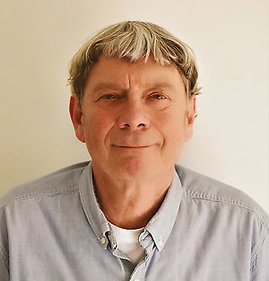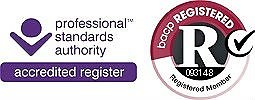How counselling can help
We all need to talk sometimes. We have problems and talking about them can help. Sometimes though, we can’t talk to the people we are close to. At times like this, it can help to talk to someone who is not a friend or family member for fear of upsetting them and who therefore has no personal vested interest in the outcome of our problems, simply a professional one.
This is where counselling can help. Speaking to a counsellor or therapist who is specially trained to listen can be very helpful, even life-changing.
This opportunity can allow us to be able to stand back sufficiently to have a broader view, or sometimes to enable us to face things that are difficult to think about or even admit to ourselves.
How does it work?
You will see me each week for a regular 50-minute session in a private, confidential environment. This will be an opportunity to talk about anything that’s troubling you, explore your feelings and think about how you might like things to be different.
What happens in the first session
In the first session, it is important we discuss what you hope to achieve from your sessions, I will be happy to work with your chosen aims and goals and to help you find ways of achieving them.
Confidentiality
Everything you share with your counsellor in the course of your counselling will be treated as highly confidential. However, there are some limits to confidentiality, which you need to be aware of:
We may be legally or ethically obliged to break confidentiality where, for example, your welfare or the welfare of others may be at risk.
In accordance with the ethical framework of the British Association for Counselling, all counsellors are required to undertake regular supervision. I am fully insured.
What questions should I ask when choosing a counsellor or therapist?
The following are questions to ask a Counsellor and Therapist as recommended by the BACP (British Association for Counselling and Psychotherapy). I will discuss these kinds of things with you so that it’s very clear how you will work together.
• How many sessions will I have?
• What type of therapy do you offer?
• How much will it cost?
• What happens if I miss a session?
• What happens if I want to take a holiday, will I still have to pay?
• Will the counselling be confidential?
• Will you make notes during the session, and if so, what happens to these?
• Can I contact my therapist in between sessions?
What is Counselling?
Counselling “offers you a safe, confidential place to talk about your life and anything that may be confusing, painful or uncomfortable. It allows you to talk with someone who is trained to listen attentively and to help you improve things” BACP
Is Counselling and Therapy an instant cure?
It normally takes a few sessions for you to become aware of changes and improvements in your life. Sometimes counselling and therapy can initially be quite difficult but rest assured that you will always be in a safe place at the end of your session.

